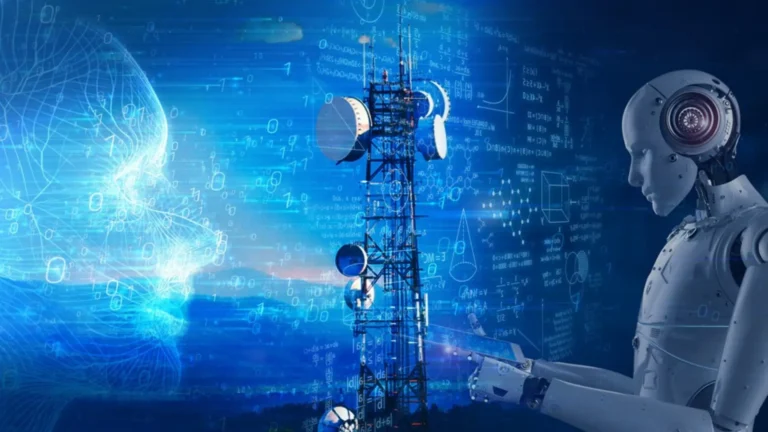
Decentralized Autonomous Organizations
Decentralized Autonomous Organizations (DAOs) are emerging as a revolutionary model for organizing and coordinating human activity. By leveraging blockchain technology and smart contracts, DAOs eliminate the need for traditional hierarchical structures, empowering communities to make decisions collectively and transparently. This paradigm shift is poised to disrupt traditional governance models and foster a new era of collaborative ownership.
What are DAOs?
DAOs are essentially organizations run by computer code, specifically smart contracts, on a blockchain. These smart contracts define the rules and processes of the organization, automating decision-making and execution. Members of a DAO typically hold tokens that grant them voting rights, allowing them to participate in governance and influence the direction of the organization.
Key Features of DAOs
Decentralization
- DAOs operate on decentralized networks, eliminating single points of control.
- This ensures that decisions are made collectively by the community, rather than a centralized authority.
Autonomy
- Smart contracts automate the execution of decisions, reducing the need for intermediaries and manual processes.
- This enhances efficiency and reduces the risk of human error.
Transparency
- All transactions and decisions are recorded on the blockchain, ensuring transparency and accountability.
- This builds trust and fosters a culture of openness.
Community Governance
- Token holders participate in decision-making through voting, ensuring that the organization is governed by its members.
- This empowers communities and promotes democratic participation.
Global Accessibility
- DAOs are accessible to anyone with an internet connection, regardless of location or background.
- This promotes inclusivity and expands participation.
Roles and Functions of DAOs
- Governance: DAOs enable communities to collectively manage resources, make decisions, and implement policies.
- Fund Management: DAOs can manage and allocate funds for various projects and initiatives.
- Investment: DAOs can pool capital and invest in assets or ventures.
- Social Coordination: DAOs can facilitate collaboration and coordination among individuals and groups.
- Content Curation: DAOs can curate and manage content on decentralized platforms.
- Decentralized Services: DAOs can provide decentralized services, such as lending, insurance, and data storage.
Benefits of DAOs
- Increased Transparency and Trust: Blockchain-based operations ensure transparency and build trust.
- Enhanced Efficiency: Smart contracts automate processes, reducing manual intervention and costs.
- Improved Governance: Community-driven decision-making empowers members and promotes fairness.
- Greater Inclusivity: Global accessibility expands participation and promotes diversity.
- Reduced Centralization: Eliminating intermediaries reduces the risk of corruption and abuse of power.
Challenges and Considerations
- Security Vulnerabilities: Smart contract vulnerabilities can lead to financial losses.
- Governance Challenges: Ensuring fair and effective decision-making in decentralized environments.
- Legal and Regulatory Uncertainty: The legal status of DAOs is still evolving.
- Scalability Issues: Blockchain networks may face scalability challenges.
- User Experience: DAOs can be complex and require technical expertise.
The Future of DAOs
DAOs are poised to revolutionize various sectors, from finance and governance to social coordination and content creation. As the technology matures and adoption increases, we can expect to see:
- Increased adoption of DAOs across various industries.
- Development of standardized platforms and tools for creating and managing DAOs.
- Greater clarity in legal and regulatory frameworks surrounding DAOs.
- Integration of DAOs with other emerging technologies, such as AI and IoT.
- Growth in the DAO ecosystem, with more diverse and innovative applications.
DAOs are ushering in a new era of decentralized governance and collaboration, empowering communities to take control and shape their destinies.



